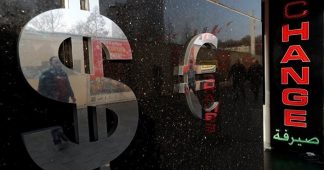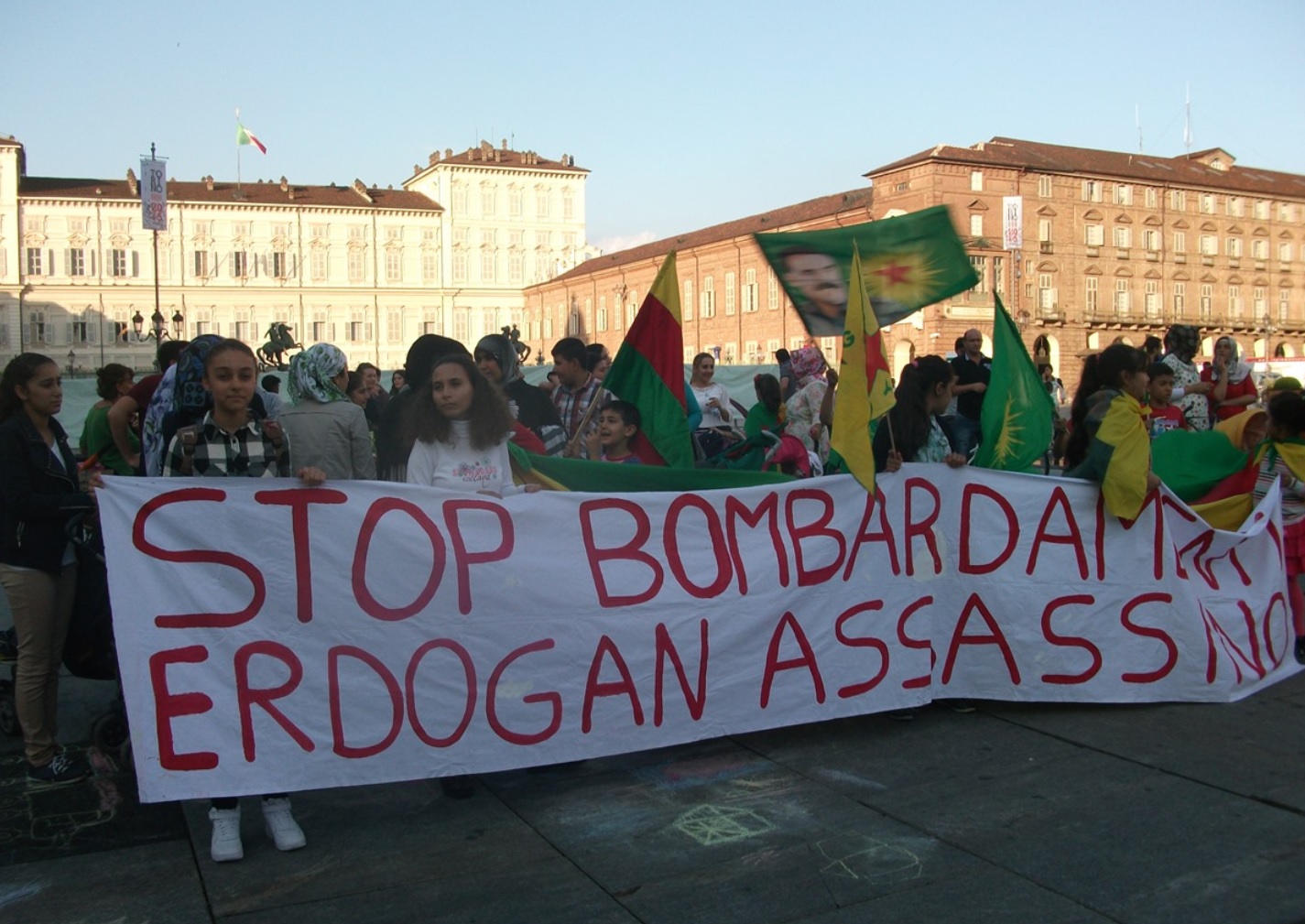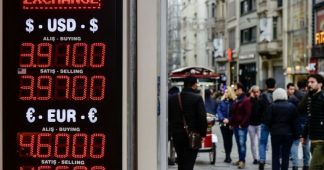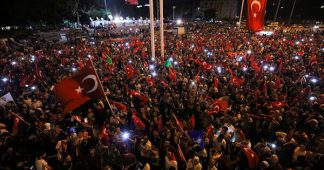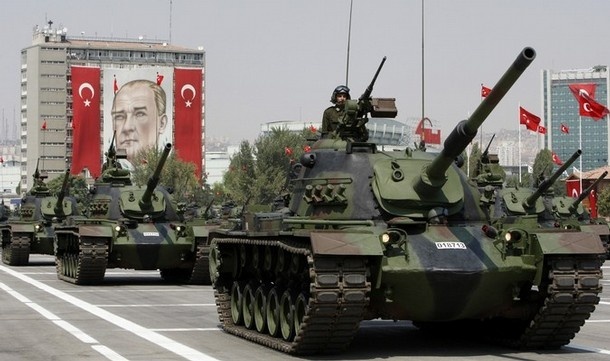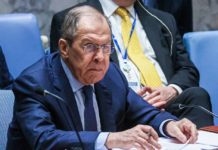Illusion’s End: Erdoğan and Turkey’s Coming Economic Chill
By Gareth H. Jenkins
June 20, 2018
The rapid depreciation in the value of the Turkish Lira since the beginning of 2018 is the product not only of the collapse of any remaining vestiges of investor confidence in the regime of President Recep Tayyip Erdoğan but a symptom of the failure of the ruling Justice and Development Party (AKP) to address the long-standing structural vulnerabilities of the Turkish economy.
BACKGROUND: When the AKP first took office in November 2002, the Turkish economy was already rebounding from the currency collapse of February 2001 and subsequent sharp recession. The Economic Stabilization Program that the outgoing administration had drafted with the IMF, and which was backed by $32 billion in loans from the IMF and World Bank, had steadied the Turkish Lira, reduced inflation and led to an overhaul of the country’s previously poorly regulated banking sector. Turkey’s Gross Domestic Product (GDP) had returned to growth in the first quarter of 2002. It was still growing at the time of the November 2002 general election. But the recovery came too late – and, from the perspective of the electorate, was still insufficiently tangible – to save the most recent of the succession of corrupt and incompetent coalition governments whose policies had led to the crisis. Indeed, none of the parties which had been represented in the previous parliament was able to win any seats in the new assembly. The AKP, which had been founded just 15 months earlier, swept to power with a huge parliamentary majority, making it Turkey’s first single-party government in over a decade.
Erdoğan’s appetite for confrontation is a relatively recent phenomenon. During the AKP’s first years in office, when he still feared being ousted by the country’s staunchly Kemalist military, Erdoğan was canny and cautious rather than courageous, hurriedly backing down whenever he feared that the generals might move against him. He also sought protection from abroad by courting the U.S. – which was anxiously looking for “moderate” Muslim allies to refute accusations that its “War on Terror” was anti-Islamic – and the EU, where many naively confused Erdoğan’s known opposition to the Turkish military with a commitment to democratic values. Inside Turkey, he formed a close alliance with the then powerful Gülen Movement and courted Turkey’s ostensibly left-leaning intellectual elite, playing to their vanity and beguiling them with engagement and access to the public domain – with the result that both they and the Gülenists used their foreign language skills to lobby on his behalf. Most importantly, Erdoğan understood that the key to remaining in power long enough to enable the AKP to root itself in the apparatus of state lay in focusing on the same issue that had brought the party to power, namely the economy.
